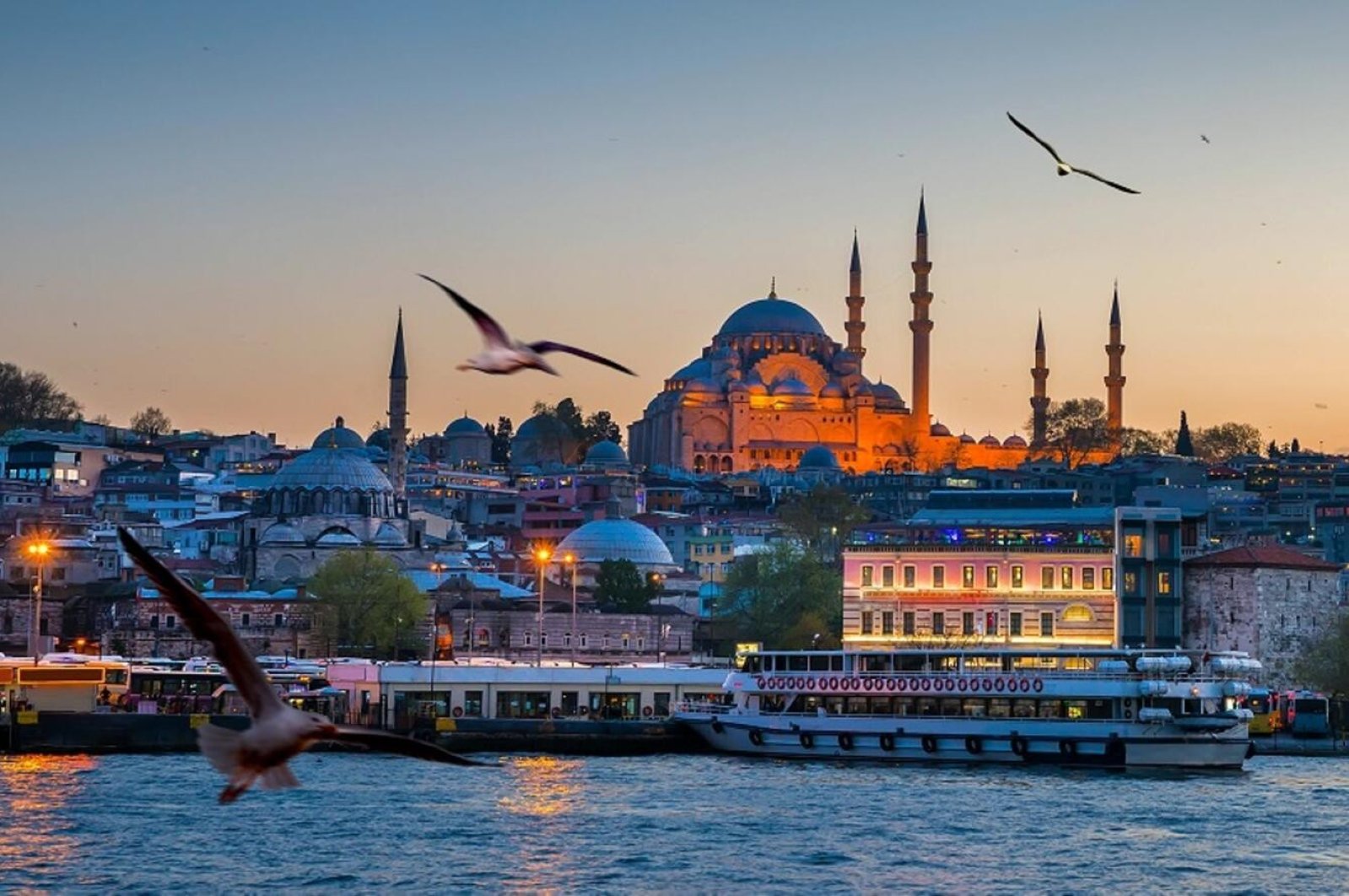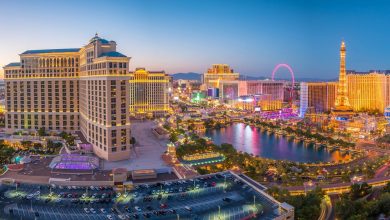Istanbul: The Heart of Turkey

Istanbul, the largest city in Turkey, stands as a vibrant bridge between continents, cultures, and histories. With a population exceeding 15 million, it is not only Turkey’s economic and cultural center but also a city that encapsulates the essence of its rich past while propelling toward a modern future. This article explores turkey city istanbul historical significance, cultural diversity, economic dynamics, and modern-day attractions.
Historical Significance
Istanbul’s history is a tapestry woven with various threads from different civilizations. Originally known as Byzantium, the city was founded in the 7th century BCE. Its strategic location along the Bosporus Strait made it a critical trading post, connecting Europe and Asia. In 330 CE, the Roman Emperor Constantine the Great refounded the city and renamed it Constantinople, establishing it as the capital of the Eastern Roman Empire.
For over a millennium, Constantinople flourished as a center of Christianity and a bastion of Byzantine culture. The fall of the city to the Ottoman Empire in 1453 marked a significant turning point in history. Under Sultan Mehmed II, Constantinople was transformed into Istanbul, the new capital of the Ottoman Empire, and an important center for Islamic culture. The city thrived as a melting pot of religions, languages, and traditions, a characteristic that persists to this day.
Cultural Diversity
Istanbul’s cultural diversity is one of its defining features. As a city that has been home to various ethnic groups and religions, it offers a unique blend of East and West. The population is a mosaic of Turks, Kurds, Greeks, Armenians, Jews, and Arabs, among others. This rich cultural heritage is evident in its architecture, cuisine, music, and art.
Architecture
The architecture of Istanbul is a stunning reflection of its complex history. The Hagia Sophia, originally a cathedral and later a mosque, showcases Byzantine architecture’s grandeur. Its massive dome and intricate mosaics are testaments to the city’s artistic heritage. Similarly, the Blue Mosque, with its six minarets and stunning blue tiles, represents the zenith of Ottoman architecture.
The Topkapi Palace, the former residence of Ottoman sultans, houses an impressive collection of artifacts, including the famous Topkapi Dagger and the Spoonmaker’s Diamond. Visitors can stroll through the palace’s lush gardens and admire the views of the Bosporus.
Cuisine
Istanbul’s culinary scene is another highlight of its cultural diversity. The city is a paradise for food lovers, offering a wide array of dishes that reflect its multicultural background. Traditional Turkish dishes such as kebabs, mezes, and baklava coexist with international cuisines. The bustling Grand Bazaar and the Spice Bazaar are must-visit locations for food enthusiasts, offering everything from spices and sweets to textiles and jewelry.
Street food is an integral part of Istanbul’s culinary landscape. Delicacies such as simit (sesame-covered bread), balik ekmek (fish sandwich), and döner kebab can be found at every corner, allowing visitors to experience the city’s flavors on the go.
Economic Dynamics
As Turkey’s economic powerhouse, Istanbul plays a crucial role in the country’s economy. The city is home to numerous multinational companies and serves as a hub for finance, trade, and tourism. Istanbul Stock Exchange, located in the city, is one of the largest in the region.
Tourism
Tourism is a vital sector for Istanbul, attracting millions of visitors each year. The city’s rich historical heritage, stunning landscapes, and vibrant culture draw travelers from around the globe. In 2019 alone, Istanbul welcomed over 14 million tourists, making it one of the most visited cities in the world.
The historic Sultanahmet district, with its iconic landmarks, is a focal point for tourists. From the grandeur of the Hagia Sophia to the vibrant atmosphere of the Grand Bazaar, the area is teeming with activities. Other popular attractions include the Basilica Cistern, the Galata Tower, and the Dolmabahçe Palace.
Modern Developments
In recent years, Istanbul has undergone significant modernization. New infrastructure projects, including the Istanbul Airport, which opened in 2018, have enhanced the city’s connectivity and capacity to handle international traffic. The airport is expected to become one of the largest in the world, solidifying Istanbul’s position as a global transit hub.
Urban development projects have also transformed various neighborhoods. Areas like Karaköy and Beyoğlu have emerged as trendy districts, featuring art galleries, boutique shops, and trendy cafes. The city’s nightlife has evolved, with numerous bars, clubs, and entertainment venues catering to diverse tastes.
Modern-Day Attractions
Istanbul is a city that beautifully merges the ancient and the modern. Visitors can experience the vibrant local life while immersing themselves in the city’s rich history.
Bosporus Cruise
One of the most popular activities in Istanbul is taking a cruise along the Bosporus Strait. The shimmering waters provide a stunning view of the city’s skyline, with its historic palaces, mosques, and bridges. A Bosporus cruise offers a unique perspective of the city’s beauty and is an unforgettable experience.
Art and Culture
Istanbul is a hub for contemporary art and culture. The Istanbul Biennial, held every two years, attracts artists and art enthusiasts from around the world. The Pera Museum and the Istanbul Modern showcase both traditional and contemporary art, reflecting the city’s dynamic artistic landscape.
Shopping
Shopping in Istanbul is an experience in itself. The Grand Bazaar, one of the oldest and largest covered markets in the world, is a labyrinth of shops offering everything from carpets and ceramics to jewelry and spices. Bargaining is a common practice, making it an engaging experience for visitors.
In contrast, Nişantaşı and Istiklal Avenue provide a more modern shopping experience, featuring international brands and chic boutiques. These areas are also known for their trendy cafes and restaurants, perfect for a break after a shopping spree.
Festivals and Events
Istanbul hosts various festivals and events throughout the year, celebrating its cultural diversity. The Istanbul Film Festival, the Istanbul Music Festival, and the Istanbul Jazz Festival are just a few examples that attract international audiences. These events showcase the city’s artistic talent and foster a sense of community among residents and visitors alike.
Challenges
Despite its many attractions, Istanbul faces several challenges. Rapid urbanization has led to issues such as traffic congestion, pollution, and inadequate infrastructure. The city’s population continues to grow, putting pressure on housing and public services. Additionally, political and economic fluctuations in Turkey can impact tourism and business activities.
Conclusion
turkey city istanbul of contrasts and convergence, where ancient history meets modern vibrancy. Its cultural diversity, rich heritage, and dynamic economy make it a fascinating destination for travelers and a vital hub for Turkey. From the majestic skyline of the Hagia Sophia to the bustling streets of the Grand Bazaar, Istanbul offers a unique experience that resonates with the heart of Turkey. As the city continues to evolve, it remains a captivating blend of past and present, inviting all to explore its myriad wonders.








